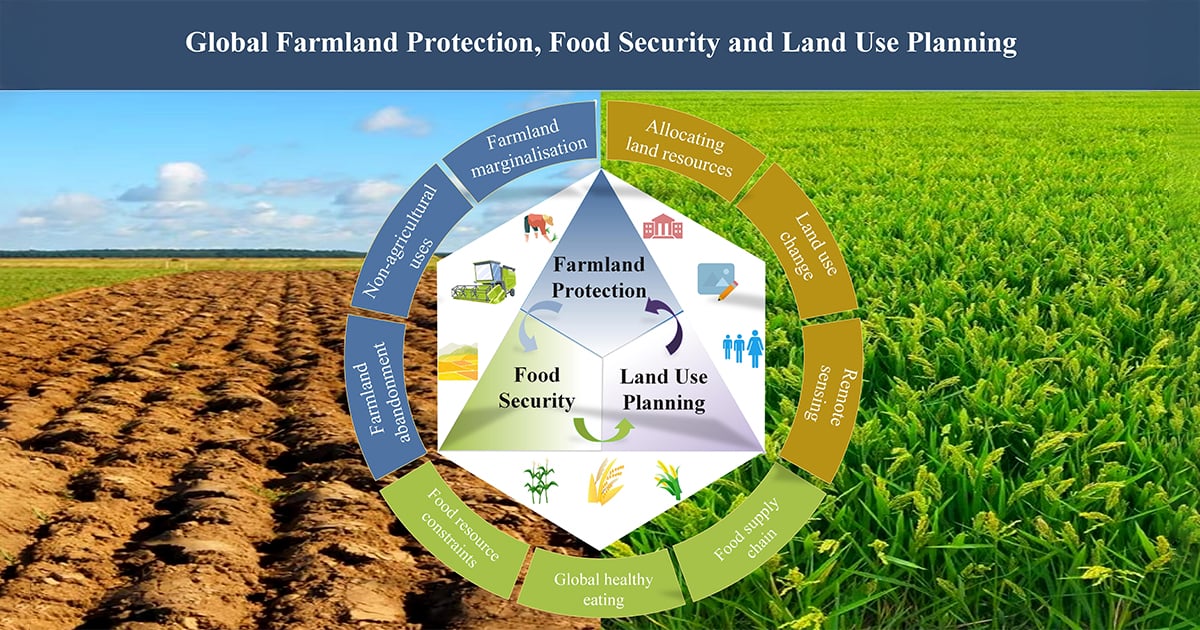Global Farmland Protection, Food Security and Land Use Planning
Topic Information
Dear Colleagues,
Food and grain are fundamental to human survival and development. In today's globalized world, food security is not merely a national or regional concern but a matter of shared human destiny. Farmland is essential for grain production and crucial for ensuring food security. However, in recent years, the phenomena of farmland abandonment, conversion to non-agricultural uses, and production for non-food purposes have become increasingly serious globally. Exacerbated by multiple factors, including the COVID-19 pandemic, regional conflicts, extreme weather events, and trade protectionism, food security faces severe challenges. These factors, compounded by rising inequality, hinder the agricultural food system's ability to provide nutritious, safe, and affordable diets for all. This poses a significant challenge to achieving the Sustainable Development Goal of "zero hunger" (SDG2) by 2030. Statistics show that a vast number of people continue to experience food insecurity and malnutrition, with global hunger levels remaining high for the third consecutive year. In 2023, between 713 million and 757 million people (a median of 733 million) were projected to suffer from undernourishment, representing an increase of approximately 152 million since 2019. Given the current food security challenges, it is imperative to reassess sustainable farmland management practices for crop cultivation to meet future food demands. Land use change and farmland protection are critical factors in ensuring food security and provision. Effective land governance, including well-designed and implemented land use planning, can promote both farmland protection and high-quality land development. Therefore, the rational allocation of land resources and the implementation of differentiated land policies are essential for ensuring food security, optimizing national land use patterns, and achieving sustainable development goals.
This Topic seeks to advance the scientific understanding of global farmland conservation, food security and land use planning in the contemporary context. We invite submissions exploring relevant theories, methods, technologies, policies, and practices. We welcome diverse methodological approaches, including quantitative, qualitative, and mixed methods. Submissions may focus on, but are not limited to, the following themes:
- Land use planning
- Land use sustainable development
- Crop growth and remote sensing monitoring
- Agricultural investment and farmland protection
- Heavy Metal Pollution and Farmland Protection
- Human–wildlife Conflict and Farmland Protection
- Emerging Technologies for Land Use Governance
We look forward to receiving your original research articles and reviews.
Prof. Dr. Debin Lu
Dr. Yahui Wang
Dr. Min Cao
Prof. Dr. Yingbin Feng
Topic Editors
Keywords
- land use change
- farmland protection
- food security
- land use planning
- remote sensing
- crop modeling

